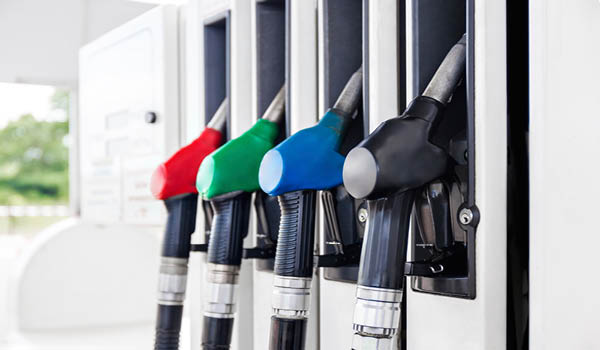The Independent Pricing and Regulatory Tribunal (IPART) is seeking public feedback on how wholesale ethanol used in ethanol-blended fuels should be priced to supply E10 at service stations at a price attractive to customers.
In December 2015, the NSW Government announced a range of measures to improve the state’s performance against the 6 per cent ethanol mandate imposed on major fuel sellers.
These include amending the Biofuels Act 2007 (NSW) to extend the mandate to a wider range of service stations and provide for IPART to regulate the wholesale price of ethanol.
IPART chairman, Dr Peter Boxall, said a combination of looking at the efficient costs of producing ethanol, and the discount required to make E10 more attractive to consumers in place of regular and premium fuels, would be considered.
Ethanol is mostly sold as E10, a petrol-ethanol blend that includes up to 10 per cent ethanol and is a substitute for unleaded petrol.
“About 85 per cent of registered vehicles in NSW are technically capable of using ethanol-blended fuels, but it accounts for 26 per cent of petrol sold in NSW, and around 10 per cent nationally,” Dr Boxall said.
Dr Boxall said the price set needs to be high enough to encourage producers to manufacture ethanol, and wholesalers and retailers to supply it to customers, but low enough to make it attractive for motorists.
“The costs of ethanol production are impacted by the cost of the feedstocks used in its production such as wheat, molasses or sorghum. The additional costs associated with storing and blending E10 also need to be considered.” Dr Boxall said.
A paper released by IPART seeks feedback on a range of issues to be considered as part of the review.
Submissions on the Issues Paper will be received until July 18, 2016 and considered by IPART before a draft report is released in September.
Final recommendations on the maximum price will be made in December 2016.
Sign up to C&I’s weekly newsletter here to receive the latest industry news every Thursday. Follow C&I on Facebook, Twitter and Linkedin.


when will government and greenies stop dictating to us ? E10 was introduced a few years back and fuel retailers spent a lot of money on the back of the E10 marketing hype to convert tanks etc so they could sell E10, only to find that the public did not want E10 and sales were minimal, so fuel retailers spent more money reconverting back to regular 91. E10 is a false economy, you get less Kms per litre and it evaporates quicker than 91 regular, unless E10 10c per litre cheaper than 91 regular then the public won’t buy it